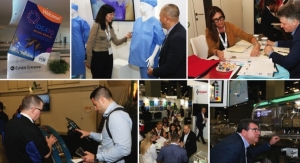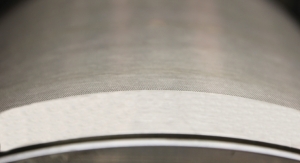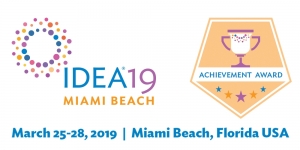Friends of the Earth Canada, represented by Ecojustice, has filed an application seeking an investigation by the Competition Bureau into false and misleading claims made by the manufacturers of 23 so-called flushable wipes and other single-use products.
The single-use wipes, which include baby wipes and personal wipes, sold under the Cottonelle, Charmin and President’s Choice brands and others, are marketed as “flushable” and safe to be flushed down toilets. But a recent study by Ryerson University’s Urban Water program on behalf of the Municipal Enforcement Sewer Use Group demonstrated that all the products cited in the application failed to meet internationally recognized criteria for flushability. The study examined more than 101 products, and all items except toilet paper failed to pass tests for drain line clearance and disintegration. Many of the products are also composed of plastic or regenerated cellulose.
Friends of the Earth and Ecojustice contend that marketing these products as “flushable” is false and misleading and there are environmental and cost consequences associated with consumers believing and acting on those claims.
The suit also claims that single-use “flushable” wipes are a source of serious expense for managers of municipal water works and taxpayers, because they clog pumps, screens, filters and pumps and add at least $250 million in additional repairs and maintnence each year to municipal ewer systems in Canada.
“’Flushable’ wipes are not flushable. Calling them ‘flushable’ misleads consumers. If you flush these wipes in your home or in your workplace, you could cause serious damage to sewage systems and waterways.," says Bronwyn Roe, lawyer for EcoJustice. "The blame lies not with consumers but with the manufacturers who falsely label these wipes as flushable. Proper labelling would help ensure proper disposal, keeping these wipes out of our waterways and away from our wildlife.”
“We’re asking the Competition Bureau to investigate and levy fines for false and misleading advertising in the amount of $230 million. While they’re convenient, using these single-use products made of plastics and/or synthetic materials has grave environmental consequences in addition to real costs to municipal taxpayers. Concerned and informed Canadians can make a difference by refusing to buy and flush these products," says Beatric Olivastrik, CEO of Friends of the Earth Canada.
Led by INDA, Association of the Nonwoven Fabrics Industry, members of the wipes industry have been working hard to combat claims that flushable wipes are responsible for these sewage problems, whch are instead caused by baby wipes and other papers tha are not designed to be flushed. INDA has developed several sets of labeling and testing guidelineses to prevent the improper disposal of non-flushable items in toilets.








